Africa’s Role in the New Cold War
The US-led Golden Billion wants to retain its neo-imperial hegemony over those African countries that it regards as being within its self-declared “sphere of influence” while the BRICS-led Global South (in this context represented by Russia) wants to help them fully complete their decolonization processes exactly as Foreign Minister Lavrov recently promised.
Africa used to barely be talked about by the US-led Western Mainstream Media (MSM) apart from fearmongering about its supposedly perennial instability, yet nowadays the narrative is shifting towards a discussion of its role in what many have taken to calling the New Cold War. This global struggle isn’t between capitalism and communism like the Old Cold War, but can be simplified as the US-led West’s Golden Billion clinging to unipolarity in the face of the BRICS-led Global South promoting multipolarity.
Unipolarity refers to the belief that only one country or group thereof like the Western developed economies (which in this context also includes Japan as part of the G7) should dominate International Relations while multipolarity believes that all countries should be treated equally. The first-mentioned briefly entered into force following the erstwhile Soviet Union’s dissolution in 1991 while the second began to emerge following the disastrous US-led Western invasion of Iraq in 2003.
Africa abruptly appeared on the Western public’s radar after their governments conspired to destroy Libya in 2011, but it soon thereafter faded from their consciousness as the MSM focused more on the Syrian Conflict that began that same year and then the Ukrainian one that started in 2014. The latest phase of the Ukrainian Conflict that was caused by Russia’s special military operation, however, has once again made the West pay more attention to Africa.
Even though a little more than half of its countries voted to condemn Russia’s special operation at the UN, none of them complied with US pressure to sanction it. Furthermore, African Union Chairman Macky Sall agreed with Russian President Vladimir Putin while visiting him in early June that the US-led Western sanctions against his country were responsible for worsening the global food crisis that actually owes its origins to events that predate the Ukrainian Conflict such as the COVID-19 pandemic, et al.
The past few weeks have seen a flurry of diplomatic activity across Africa. USAID chief Samantha Power recently traveled to the continent to convince its countries that Chairman Sall was wrong and that the West is right in blaming Russia for this impending humanitarian crisis. Russian Foreign Minister Sergey Lavrov soon thereafter visited four countries, during which time he compellingly counteracted her false narrative. French President Emmanual Macron also visited Africa around then too to rant about Russia.
US Secretary of State Antony Blinken just wrapped up a trip there as well, which has altogether led many observers to conclude that there’s presently a heated struggle for influence playing out all across the continent exactly as previously happened during the Old Cold War. Unlike back then, the competition isn’t between ideologies, but between the ideal model of International Relations: the US-led West’s Golden Billion supports unipolarity while the BRICS-led Global South supports multipolarity.
Returning to the topic of Africa’s role in the New Cold War, there are several reasons why it’s becoming increasingly prominent and a theater of competition between Russia and the West. First, its over 50 countries constitute an impressive voting bloc at the UN, so it therefore follows that Moscow and its rivals want them to support their interpretations of whatever it may be in order to show the rest of the international community that such-and-such a number of states back their views.
Second, Africa is expected to experience rapid population growth across the coming century, which can translate into enormous market potential. Third, this can in turn contribute to some countries like Ethiopia, Nigeria, and South Africa truly emerging as major countries with far-reaching influence on the own landmass and possibly even further afield. Fourth, major countries like Russia and its Western rivals have an interest in clinching strategic partnerships with their emerging counterparts ahead of time.
And finally, the last reason comes down to the ideological basis of the New Cold War with respect to spreading each side’s worldview across Africa. To explain, the US-led Golden Billion wants to retain its neo-imperial hegemony over those countries that it regards as being within its self-declared “sphere of influence” while the BRICS-led Global South (in this context represented by Russia) wants to help them fully complete their decolonization processes exactly as Foreign Minister Lavrov recently promised.
These long-term grand strategic goals are incompatible with one another since the first-mentioned is about perpetuating indentured servitude in contemporary conditions while the second is about liberating foreign nations from this pernicious hegemonic influence. It’s actually the Golden Billion, and not the Global South like the West’s MSM claims, that weaponizes corruption and wages proxy wars in order to advance its interests in Africa, which makes them extremely dangerous.
Nevertheless, Africa is destined to play a leading role in the global systemic transition to multipolarity even if some countries might struggle to comprehensively liberate themselves from the West’s neo-colonial yoke. It can therefore be said that the continent’s importance in the New Cold War is as the theater of a new national liberation movement modeled off of its predecessor from the Old Cold War. Just like back then, the West is supporting colonial hegemony while Russia supports true freedom.

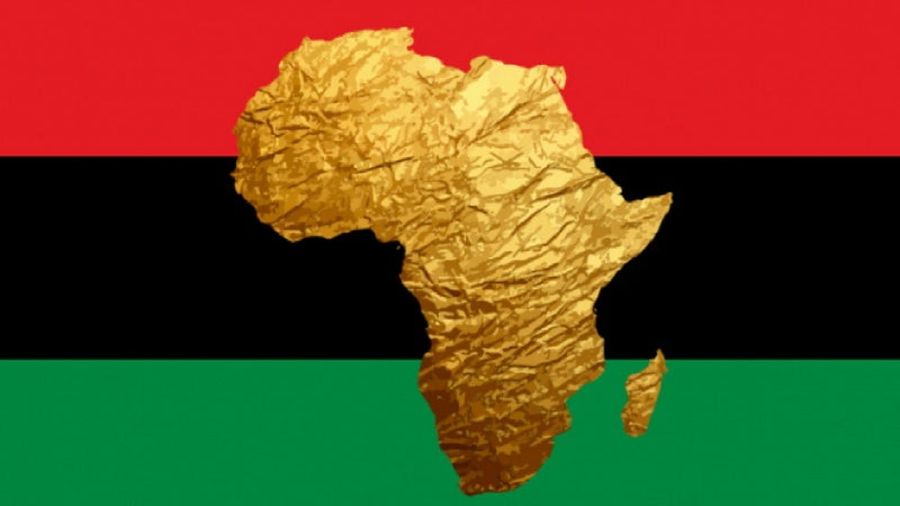
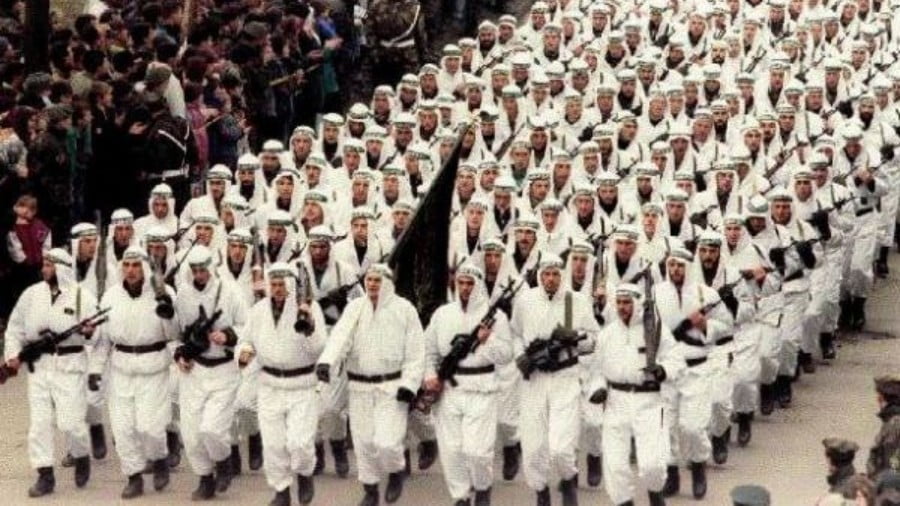


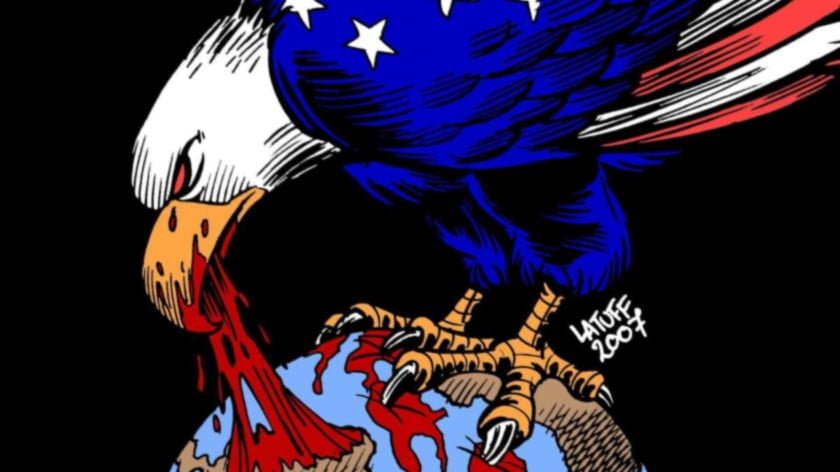
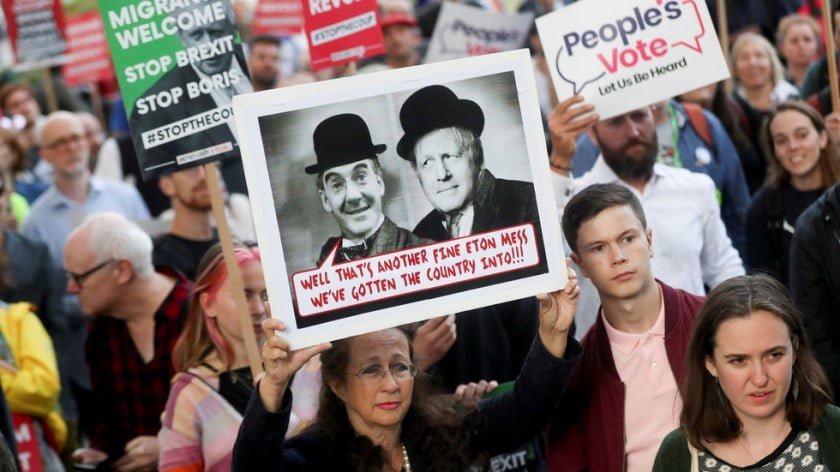
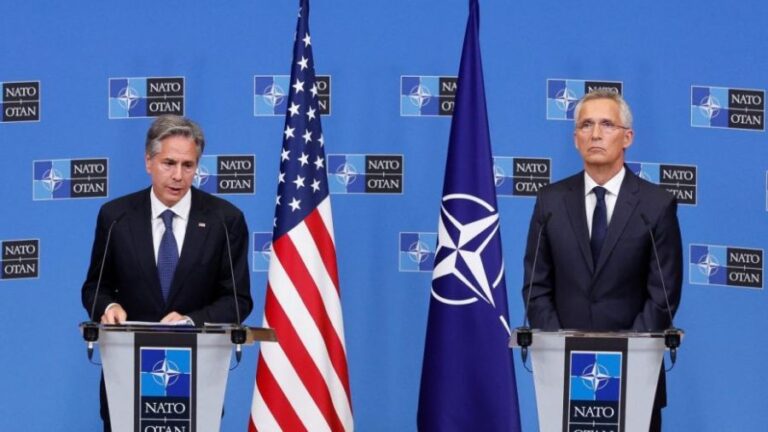
19 Comments